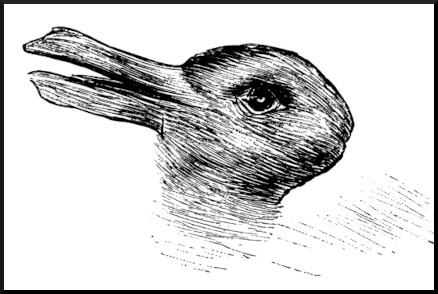Rainer Maria Rilke? Tim O’Reilly? Louise Bogan? Robert Bly? Apocryphal?
Question for Quote Investigator: A recent book by technology guru and computer book publisher Tim O’Reilly contained the following appeal:1
Pursue something so important that even if you fail, the world is better off for you having tried.
O’Reilly illustrated this idea by referring to a resonant poem by Rainer Maria Rilke based on an episode from the Book of Genesis. Jacob wrestled with a transcendent angelic figure and was defeated, but he was also strengthened. O’Reilly offered the following compressed reading of the poem:
What we fight with is so small, and when we win, it makes us small. What we want is to be defeated, decisively, by successively greater things.
Would you please help me to find this piece by Rilke?
Reply from Quote Investigator: In 1901 the monthly journal “Deutsche Arbeit” (“German Labor”) published a work by Rainer Maria Rilke under the title “Gedicht” (“Poem”). The following was the final verse. Emphasis added to excerpts by QI:2
Wen dieser Engel überwand,
Welcher so oft auf Kampf verzichtet,
Der geht gerecht und aufgerichtet
Und groß aus seiner harten Hand,
Die sich, wie formend, an ihn schmiegte.
Die Siege laden ihn nicht ein;
Sein Wachstum ist: Der Tiefbesiegte
Von immer Größerem zu sein.
The poem was translated by poet Robert Bly in 1981, and these were the last three lines:3
Winning does not tempt that man.
This is how he grows: by being defeated, decisively,
by constantly greater beings.
Below are additional selected citations in chronological order.
Continue reading “Quote Origin: The Purpose of Life Is To Be Defeated by Greater and Greater Things”